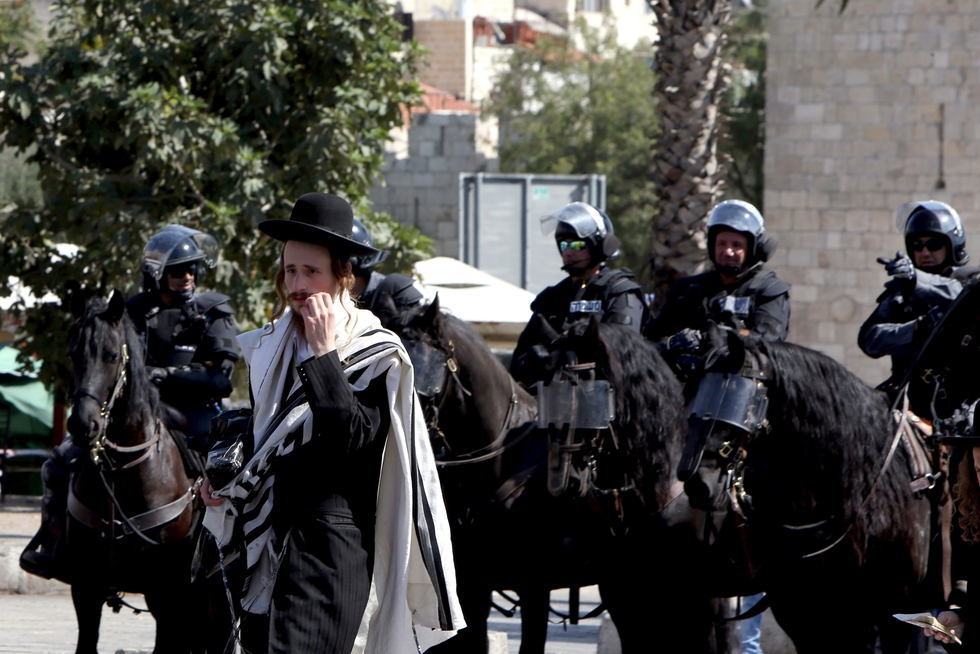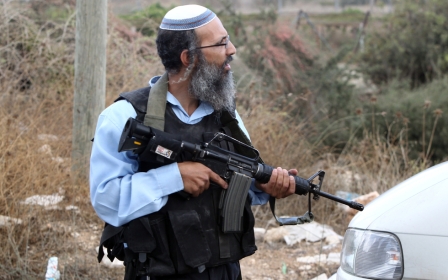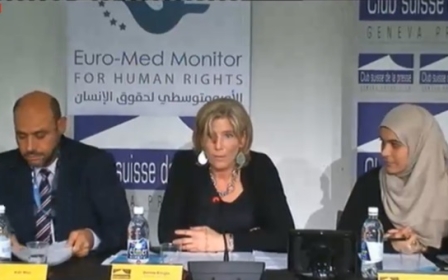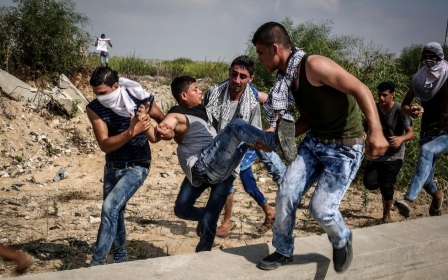ANALYSIS: Israel’s Jewish community split over Aqsa compound future

Much as has been the case in the past, the current crisis rocking Israel and Palestine has, in some manner, centred on what has been called “the most sought after piece of property in the world,” the Temple Mount/Haram al-Sharif.
The holiest site in Judaism, and third holiest site in Islam, it has remained under Israeli sovereignty, and Arab custodianship, since the end of the Six Day War in 1967.
The recent crisis, which began when Israeli police attempted to contain clashes between Jewish and Palestinian worshippers on the Temple Mount, which resulted in stun grenades being thrown inside the Al-Aqsa Mosque and subsequent restrictions on Muslim entrance to the holy site, has enhanced another dilemma on visitation to the Temple Mount – this time within the Jewish Ultra-Orthodox community.
While many within the Ultra Orthodox, or Haredi, community prefer to adhere to a religious ban on visiting the Temple Mount, others are drawn towards nationalistic and religious idealism, and the realisation of a long-held dream of a Third Jewish Temple on the site.
"According to non-messianic Jewish religious precepts, Jews are forbidden from going to the compound, making do with praying at the wall," wrote Sefi Rachlevsky in the Haaretz newspaper on 15 October. "There is no other alternative. Not even for the non-messianic extreme right-wing."
As there is currently no temple on the site, which houses the duel Islamic holy sites of the Al-Aqsa Mosque and the Qobbat As-Sakhra (also known as the Dome of the Rock), there has been a consensus amongst Israel’s chief rabbinical establishment that Jewish visitation to the site is scripturally forbidden, and there has even been a sign posted above the entrance stating:
“Announcement and Warning: According to Torah Law, entering the Temple Mount area is strictly forbidden due to its sacredness.”
However, some elements within rabbinical groups have called for a greater Jewish presence on the Temple Mount. Rabbi Shmuel Eliyahu, chief rabbi of Safed, has called for the building of an altar on the Temple Mount, further stating that Arabs have “occupied the Temple Mount,” and are “free to go back to Syria”. A former candidate for Sephardic chief rabbi of Israel in 2013, the Israeli attorney general had called on the rabbi to revoke his candidacy after what were deemed "anti-Arab" statements.
Still others advocate a strict adherence to the halachic (religious) restriction against visiting the site. Some have gone so far as to lobby the government for a total restriction of Jewish access to the temple.
Late last year, Rabbi Dov Yosef of the Council of Torah Sages penned a letter to Prime Minister Netanyahu wherein he called Rabbi Eliyahu and similar adherents, “A bizarre and extremist minority that makes all kinds of ‘Messianic’ claims using Jewish law in vain.” He requested the prime minister issue an outright restriction for all Jewish access to the Temple Mount.
Some Jews, mostly less observant ones, visit the site quite regularly, as do many others, though for the past 15 years, non-Muslims have been mostly barred from visiting buildings on the site (though permission may be granted through the Palestinian Authority). The demonstrations that boiled over into the recent round of violence began when Jewish worshippers were restricted to the Temple Mount due to recent threats.
Groups within Israel that have sought the building of a Third Temple have long permeated the debate over the fate of the site. The Temple Institute holds regular tours of the site, and even has a museum of artifacts that are to be used when the Third Temple arises, located in the Jewish Quarter of the Old City, just above the steps towards the Wailing Wall. It is a non-profit that has received state funds from Israel’s education and cultural ministries.
New MEE newsletter: Jerusalem Dispatch
Sign up to get the latest insights and analysis on Israel-Palestine, alongside Turkey Unpacked and other MEE newsletters
Middle East Eye delivers independent and unrivalled coverage and analysis of the Middle East, North Africa and beyond. To learn more about republishing this content and the associated fees, please fill out this form. More about MEE can be found here.




